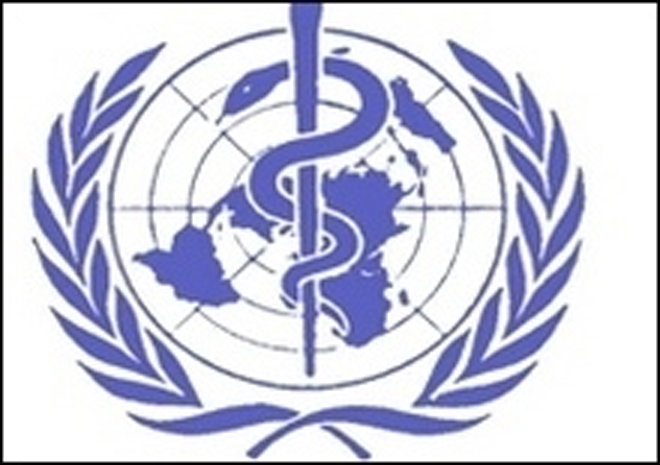The A/H1N1 influenza pandemic has been spreading at an unprecedented speed, much faster than other pandemics in history, the World Health Organization (WHO) said on Thursday, Xinhua reported.
"In past pandemics, influenza viruses have needed more than six months to spread as widely as the new H1N1 virus has spread in less than six weeks," the UN agency said in a briefing posted on its website.
The new flu virus has caused more than 94,500 laboratory- confirmed infections in more than 130 countries and regions, with more than 400 deaths, according to figures released by the WHO on July 6. Since that date no updated figures have been released.
The agency will no longer issue the global tables showing the numbers of confirmed cases for all countries, because the number of infections is increasing so fast in many countries that it has become almost impossible for them to follow through laboratory tests, said the WHO briefing.
A strategy that concentrates on laboratory confirmation and investigation of all cases is extremely resource-intensive. And in some countries, this strategy is absorbing most national laboratory and response capacity, leaving little capacity for the monitoring and investigation of severe cases and other exceptional events, it said.
However, there is still an ongoing need in all countries to closely monitor unusual events, such as clusters of cases of severe or fatal virus infection, clusters of respiratory illness requiring hospitalization, or unexplained or unusual clinical patterns associated with serious or fatal cases, the WHO said.
As part of continued efforts to document the global spread of the A/H1N1 pandemic, the WHO will still provide regular updates describing the situation in newly-affected countries, according to the briefing.
The WHO will continue to request that newly-affected countries report the first confirmed cases and, as far as feasible, provide weekly aggregated case numbers and descriptive epidemiology of the early cases, it said.






